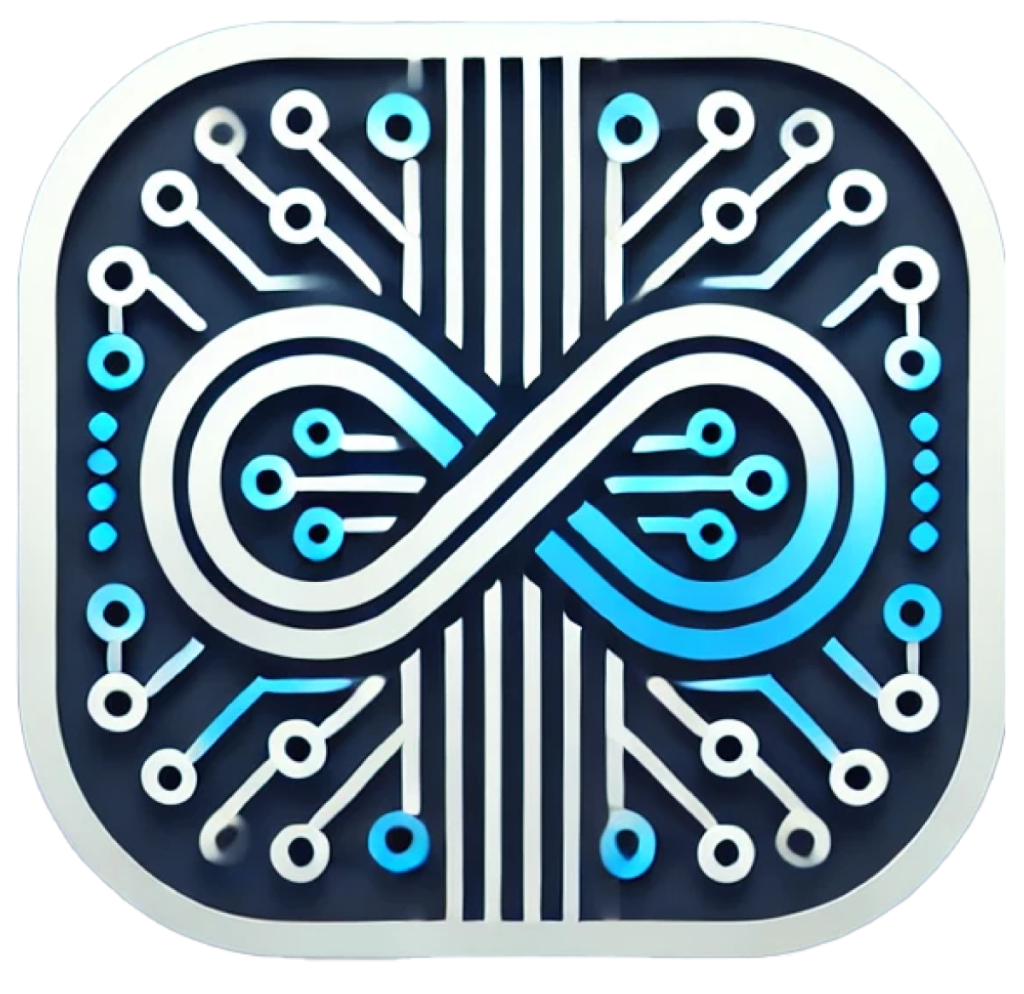Results depend greatly on how well your academic plan aligns with your personal learning style and goals. By customizing your educational approach, you can enhance your understanding of subjects, manage your time effectively, and achieve higher grades. This blog post will guide you through the process of creating a tailored academic plan that suits your individual needs, helping you unlock your full potential and attain the success you desire in your studies.

The Importance of Tailored Academic Plans
The effectiveness of your education can dramatically improve with tailored academic plans. By customizing your learning experience to suit your unique needs, you can harness your strengths and address your weaknesses. This personalized approach fosters engagement, enhances motivation, and ultimately leads to better academic results.
Understanding Individual Learning Styles
With a variety of learning styles existing—visual, auditory, kinesthetic, and others—it’s crucial to identify which resonates with you. By understanding your individual learning style, you can adopt methods and resources that maximally benefit your comprehension and retention of information, transforming your academic experience.
The Role of Personalized Goals
Any academic plan you launch on should incorporate personalized goals to ensure your journey is purposeful and directed. By setting specific, measurable objectives, you create a framework that guides your studies aligned with your aspirations and capabilities.
Hence, defining personalized goals is not just about achieving high grades but about cultivating the habits and skills necessary for lifelong learning. These goals serve as milestones on your educational path, providing motivation and clarity as you navigate your studies. Tailoring goals to your aspirations ensures that you remain focused and engaged, ultimately reinforcing your commitment and driving you toward academic success.
Designing a Tailored Academic Plan
If you want to maximize your academic achievements, designing a tailored academic plan can be your best strategy. This plan should align with your unique goals, strengths, and interests, allowing you to navigate your educational journey with purpose. By taking the time to evaluate your current situation, you can create a roadmap that guides you toward success and fulfillment in your studies.
Assessing Educational Needs
Needs assessment is the first step toward a personalized academic plan. By identifying your strengths and areas for improvement, you can pinpoint specific subjects or skills that require focus. This self-reflection helps you develop a clear understanding of your academic landscape, enabling you to set realistic objectives and measure progress effectively.
Integrating Extracurricular Activities
Academic pursuits alone are not enough for a well-rounded education; integrating extracurricular activities is necessary for holistic development. You should consider including sports, clubs, or volunteer opportunities that align with your interests and strengthen your resume. These activities can enhance your learning experience, boost your social skills, and provide valuable networking opportunities.
Tailored extracurricular activities can complement your academic goals by providing practical experiences where you can apply what you’ve learned in the classroom. These experiences foster critical thinking, creativity, and leadership skills, which are necessary in today’s competitive environment. Balancing academics with extracurriculars not only enhances your educational journey but also prepares you for future challenges by developing a versatile skill set.
Implementing the Academic Plan
You are now at the stage where it’s time to put your tailored academic plan into action. This phase requires commitment, discipline, and a clear understanding of your objectives. Start by breaking down your plan into manageable tasks, prioritizing them according to urgency and importance. Allocate specific times for studying and engage with resources that support your learning objectives. This structured approach will help you stay focused and make steady progress toward your academic goals.
Strategies for Effective Execution
Effective execution involves having a clear roadmap and the right tools at your disposal. Use productivity techniques such as time blocking or the Pomodoro technique to maintain focus and efficiency. Surround yourself with a supportive environment, whether that’s study groups or online forums, to enhance collaboration and motivation. Regularly revisit your academic resources and adapt your methods to find what works best for you.
Monitoring Progress and Adjustments
Effective monitoring is vital to ensure you stay on track and meet your academic goals. Make use of weekly check-ins to assess your progress and identify what techniques are working or need tweaking. Set actionable milestones that encourage accountability, and don’t hesitate to adjust your academic plan based on these insights. Flexibility will empower you to respond to challenges and reinforce your commitment to success.
At the core of monitoring and adjustments is the ability to reflect and adapt. Create a journal or digital log to track your achievements and setbacks, which will provide you valuable data for future adjustments. Regularly schedule evaluations of your performance against your academic goals, and be honest with yourself about areas that require more focus. This reflective practice enables you to recalibrate your strategies promptly, ensuring that your academic plan remains aligned with your evolving needs and aspirations.
The Impact of Technology on Tailored Plans
To enhance educational outcomes, technology plays a vital role in designing tailored academic plans. With advanced analytics, personalized learning pathways can be created based on your unique strengths, weaknesses, and learning preferences. This data-driven approach ensures that you receive targeted support, maximizing your potential and improving overall performance.
Digital Tools for Customized Learning
Between numerous applications and platforms, you can find tools that adapt to your individual learning styles. These digital resources allow for interactive engagement with subjects and offer immediate feedback, ensuring you stay informed about your progress and areas needing attention.
Virtual Learning Environments
Digital platforms have revolutionized how you engage with educational content. These virtual learning environments provide a space where tailored academic plans can thrive, allowing you to access personalized resources, collaborate with peers, and interact with educators, all from the comfort of your own home.
And by facilitating real-time communication and feedback, virtual learning environments enable you to actively participate in your education. They offer you a flexible approach to studying, allowing for adjustments to your learning plan as needed. This dynamic atmosphere encourages continuous growth and adaptation, ensuring that your academic journey is not only effective but also enjoyable.
Case Studies: Success Stories of Tailored Plans
Despite traditional educational approaches, tailored academic plans have proven to be remarkably effective. Here are compelling case studies demonstrating their success:
- Student A: Increased GPA from 2.5 to 3.8 after personalized study schedule.
- Student B: Mastered subject material, achieving a 95% in standardized tests post-adaptation of learning style.
- Student C: Improved homework completion rate from 60% to 95% with a customized accountability strategy.
- Student D: Transitioned from failing grades in mathematics to a solid B through targeted tutoring and practice tests.
Diverse Educational Backgrounds
Behind every successful student lies a unique educational background that influences their learning journey. Tailored academic plans recognize these differences, offering personalized support to meet individual needs. You’ll find that students from varied traditions—whether traditional, homeschooling, or international schooling—benefit equally, as tailored strategies cater to their specific learning styles, gaps, and strengths.
Measurable Outcomes
For those utilizing tailored academic plans, the results are not just anecdotal; they are quantifiable. Structured assessments reveal significant improvements in academic performance, retention rates, and overall student satisfaction. You can track these outcomes to validate the effectiveness of your tailored approach.
A consistent tracking of progress reinforces the efficacy of tailored academic plans. Success stories show that students who receive personalized attention see a remarkable shift; data shows that 85% achieved GPA improvements within a semester. Enhanced engagement and lower dropout rates also strengthen the argument, as students are more likely to stay committed when they see tangible results from their efforts. Your ability to measure these outcomes will contribute to a more adaptive educational strategy that aligns with your goals.
Overcoming Challenges in Tailored Academic Planning
Many students and educators encounter various obstacles when implementing tailored academic plans. These challenges may include differing learning styles, resistance to new methods, and limited resources. Navigating these issues requires open communication and adaptability, ensuring that everyone involved is aligned with the strategy designed to optimize learning outcomes. By addressing these barriers head-on, you can create a more effective and supportive educational environment.
Addressing Resistance to Change
An effective tailored academic plan often meets resistance from those who are accustomed to traditional methods of education. To overcome this challenge, you should foster an inclusive dialogue that highlights the benefits of customization and engages all stakeholders in the planning process. By presenting compelling evidence and encouraging feedback, you can create a sense of ownership and boost motivation among students, teachers, and parents alike.
Resource Allocation and Support
About resource allocation, it’s vital to ensure that you have the necessary tools and support systems in place for your tailored academic plan to succeed. This involves identifying the materials, technology, and personnel required to meet your objectives effectively. By investing in these resources, you can enhance the learning experience and better accommodate the varied needs of your students.
Understanding the importance of resource allocation and support is integral to the success of tailored academic plans. You should assess your current resources and identify any gaps that might hinder implementation. Collaborate with your educational institution or community to seek additional funding, training, and materials that align with your tailored approach. By prioritizing resource allocation, you can empower both yourself and your students to achieve remarkable learning outcomes.
Final Words
Conclusively, tailored academic plans empower you to achieve better results by aligning your learning style and goals with personalized strategies. By assessing your strengths and weaknesses, you can identify the most effective approaches to study, engage with the material, and track your progress. This customized framework not only enhances your understanding but also boosts your confidence, leading to improved academic performance. Embracing such a plan allows you to navigate your educational journey more effectively, setting you on a path to success.
FAQ
Q: What are tailored academic plans and how do they work?
A: Tailored academic plans are customized learning strategies designed to meet the specific needs of individual students. These plans take into account various factors such as a student’s learning style, strengths, weaknesses, and academic goals. By analyzing these components, educators can create a personalized curriculum that optimizes learning, provides appropriate challenges, and enhances engagement. The plans may include targeted tutoring, specialized resources, or flexible scheduling to align with a student’s lifestyle.
Q: How can a tailored academic plan improve a student’s performance?
A: A tailored academic plan can significantly enhance a student’s performance by providing a focused approach to learning. When students engage with material in a way that suits their unique preferences and abilities, they are more likely to retain information and develop a deeper understanding of the subject matter. Additionally, personalized feedback and support can boost confidence, reduce anxiety, and motivate students to take ownership of their education, ultimately leading to better results in assessments and overall academic achievement.
Q: Who can benefit from a tailored academic plan?
A: Tailored academic plans are beneficial for a wide range of students, including those who may struggle with traditional learning methods, high-achievers seeking advanced challenges, and students with specific learning disabilities or gaps in knowledge. They are also advantageous for those preparing for exams or pursuing specialized subjects. By addressing individual learning needs and preferences, these plans can foster an inclusive environment where every student has the opportunity to thrive academically.




0 Comments